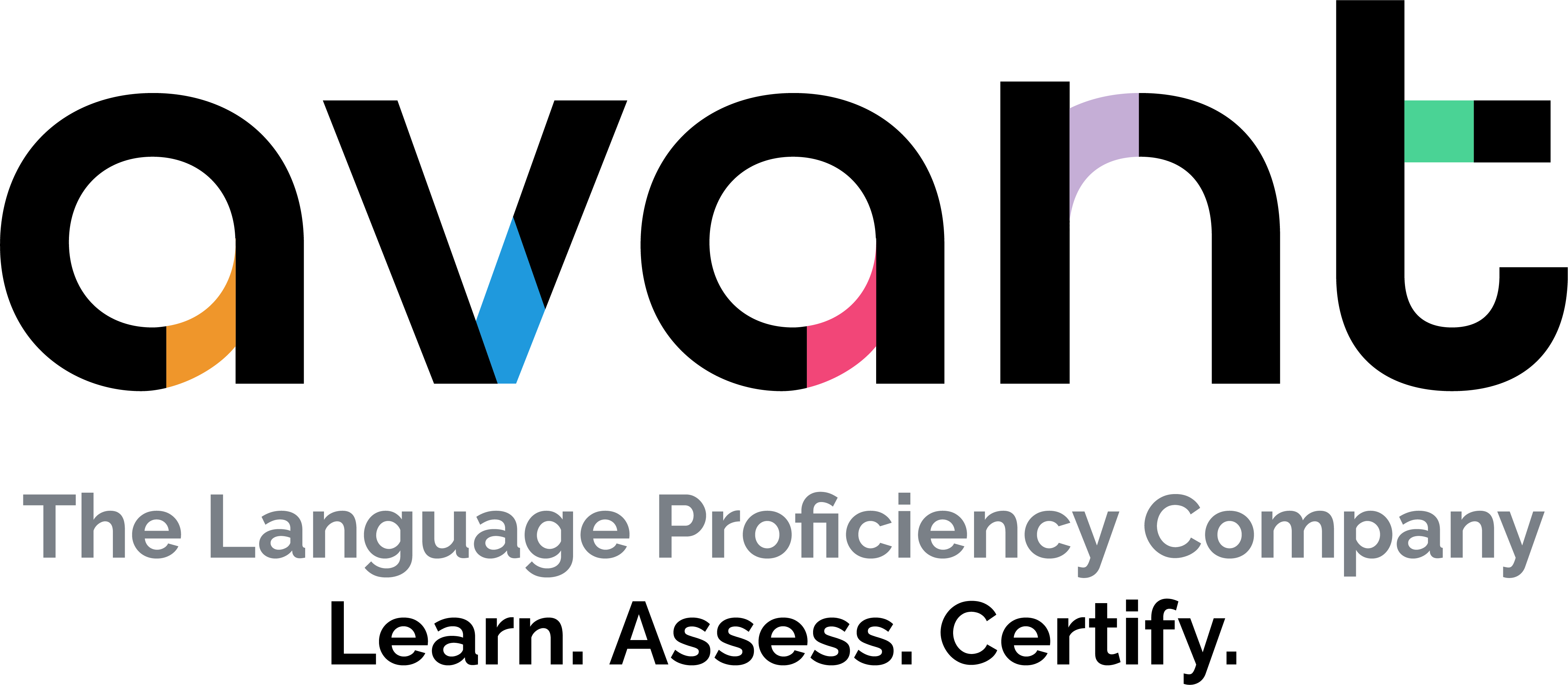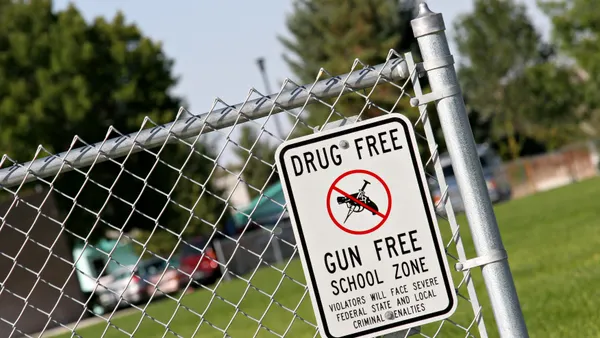Dive Brief:
-
Students will face lower lifetime earnings and decreased high school graduation and college enrollment rates — as well as higher rates of teen motherhood and criminal arrests — as a result of the widespread decline in educational achievement during the pandemic, according to a host of research findings shared Thursday by the National Assessment Governing Board.
-
The achievement slide is expected to result in varying long-term income loss, with the nation’s economy losing about $31 trillion over the rest of the century, according to an analysis of 8th grade math results from the National Assessment of Educational Progress between 2019 and 2022.
-
Those financial hits will be about 17 times steeper than losses caused by unemployment, business closures and other pandemic impacts, per the analysis by Eric Hanushek, who served on NAGB as a testing and measurement expert until 2023.
Dive Insight:
The latest NAEP results, released October 2022, showed declines in math and reading at grades 4 and 8 for the majority of states. The average math score for 8th graders, which Hanushek evaluated, dipped 8 points, according to Education Department data.
“The learning losses are huge. Economic growth depends on the skills of your labor force," said Hanushek in the research brief released Thursday by NAGB, which oversees the NAEP. "We're going to have a lower skilled workforce. We’re going to have fewer inventions. People with high achievement and strong academic skills are good for the economy.”
The losses are expected to vary by state because of the variations in academic achievement losses and variations in the size of states' economies on which the projections are based.
For example, students in Utah, which saw small learning declines compared to the rest of the nation, can expect a 2% decline in lifetime earnings. However, students in Delaware and Oklahoma, which experienced some of the steepest drops, can expect almost a 9-point decrease in future earnings.
While there are some signs of academic turnaround, a slowdown in economic growth is expected regardless of whether achievement returns to pre-pandemic levels over the coming years, according to Hanushek's study.
A separate study, conducted by Harvard University's Tom Kane and Dartmouth College's Douglas Staiger and included in NAGB's research, found declines in math scores between 2019 and 2022 would total $900 billion in lost earnings for the students who attended public schools in the 2020-21 school year.
However, because of academic recovery in the years following, it's possible those lost earnings could reduce to $600 billion instead, according to Kane.
"Our ability to ameliorate the pandemic learning losses is quickly disappearing," said Hanushek.
Kane proposed a handful of solutions:
- States should track students who have already graduated from high school to support their postsecondary education or job training.
- School districts should share test score data with parents of students who are behind as an impetus for summer school.
- School districts should set aside money now and sign contracts with summer program organizations to ensure tutoring services for the 2024-25 school year or risk losing federal allotments from pandemic relief money for that purpose.
"These results show us that we need to pivot as a nation," said Rhode Island Commissioner of Elementary and Secondary Education Angélica Infante-Green, who also serves on the National Assessment Governing Board. "This isn’t about one state; this is about the entire nation."













